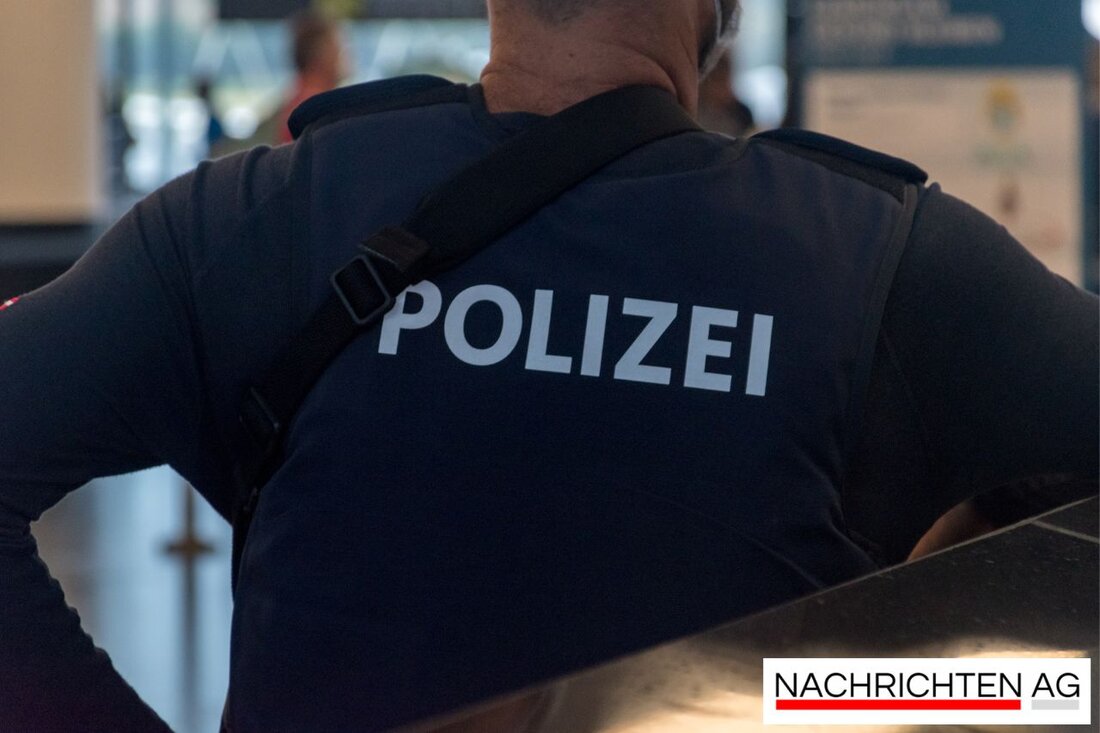Trial against NSU supporter: New revelations in the Thuringian terror case!
The trial against a suspected NSU supporter begins in Thuringia on November 6th, 2025. Learn more about the charges and the context.

Trial against NSU supporter: New revelations in the Thuringian terror case!
On November 6, 2025, a new trial against an alleged supporter of the National Socialist Underground (NSU) will open in Germany. This woman faces serious allegations that have a direct connection to the NSU's devastating crimes. Loud Deutschlandfunk The Federal Prosecutor General brings charges of supporting a terrorist organization and aiding and abetting particularly serious predatory blackmail.
The charges are explosive: The woman is said not only to have known about the NSU's racially motivated murders, but also to have actively participated in their logistics. She is accused of providing Beate Zschäpe, one of the main perpetrators, with her health insurance card and personal details. The public prosecutor's office is also examining her role in picking up a mobile home that was used in an NSU attack.
The dark history of the NSU
The NSU and its actions are deeply anchored in German history. The group, consisting of Uwe Mundlos, Uwe Böhnhardt and Beate Zschäpe, terrorized the country from 2000 to 2007 with a series of murders of nine traders of Turkish and Greek origin and the murder of a policewoman. These murders were committed with a weapon made by the perpetrators themselves, a Česká 83 pistol. The NSU also carried out other brutal attacks, including the nail bombing in Cologne in 2004, such as the Federal Agency for Civic Education reported.
The NSU's roots go back to the early 1990s, when right-wing violence rose in Germany. After their escape in 1998, the group's members worked on a platform that promoted their racist ideologies while financing themselves through raids and donations. The bloody trail ended with the self-exposure on November 4, 2011, after Mundlos and Böhnhardt committed suicide. Beate Zschäpe turned herself in to the police four days later and was ultimately sentenced to life imprisonment in 2018.
Social reactions and processing
The security authorities' responses to the NSU's actions cast a shadow over Germany's entire security architecture. The inadequate detection and prosecution of the perpetrators led to relatives of the murder victims being falsely suspected and stigmatized, which created significant social pressure. The process of coming to terms with these events is far from complete and is still being investigated by political committees.
The new charges against the NSU supporter illustrate how the fight against right-wing terrorism continues. The relatives and survivors are demanding that the events become a larger part of the public culture of remembrance and that education be further advanced. It therefore remains to be seen how this process will develop and what conclusions society can draw from the dark chapters of its history.

 Suche
Suche
 Mein Konto
Mein Konto